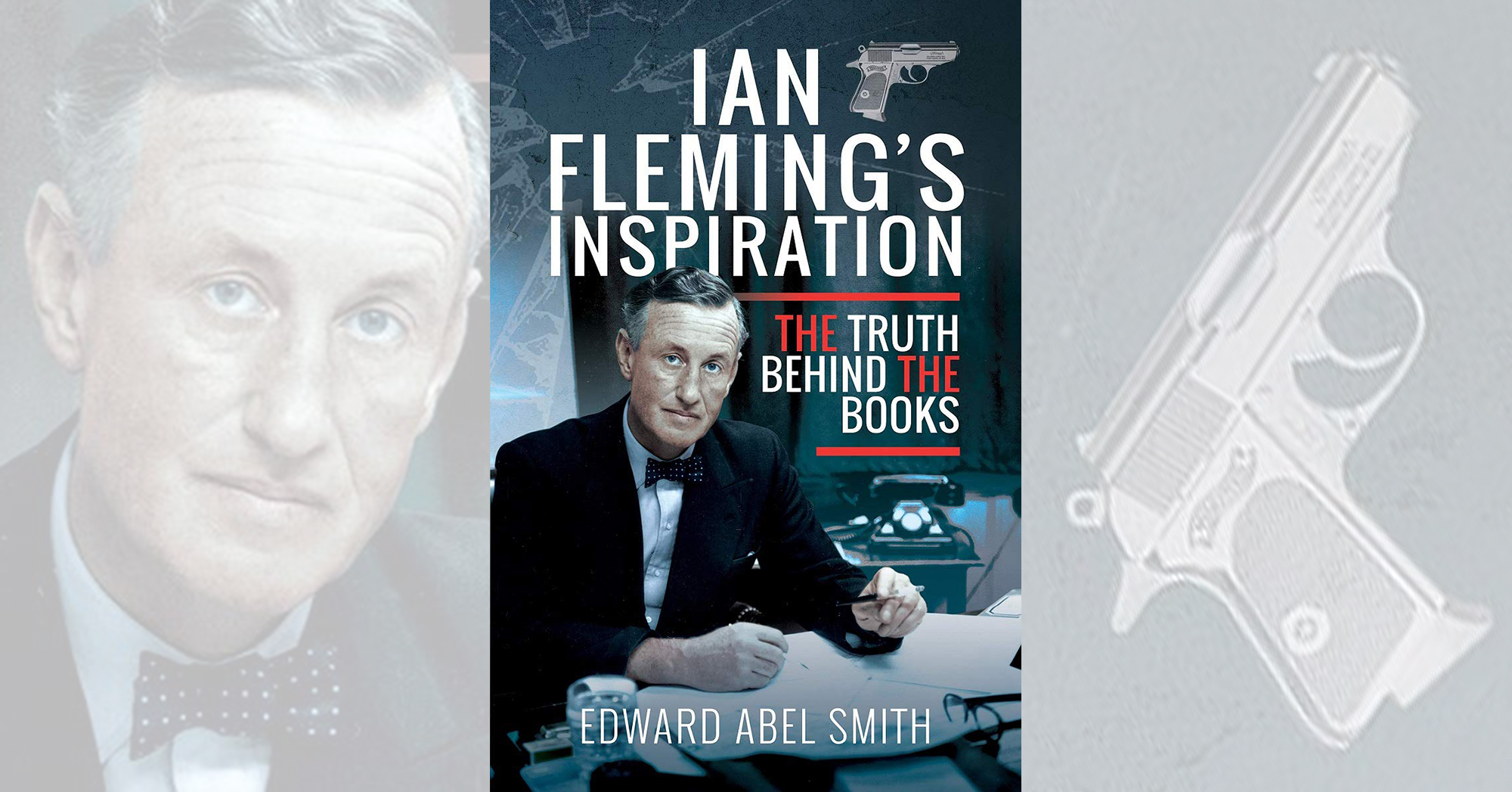Ian Fleming’s Inspiration: The Truth Behind the Books, by Edward Abel Smith, Pen & Sword, Yorkshire and Philadelphia, 2020, $34.95
In his first book, Active Goodness (2017), author Edward Smith studied efforts to save Czechoslovakian Holocaust refugees. The author’s second book is an attempt to place the popular James Bond spy films, and the books that inspired them, in the context of creator Ian Fleming’s life, with a special emphasis on his World War II career in British naval intelligence.
When Fleming was 5 years old, his father was killed in World War I. Growing up with a domineering mother led the moody youngster to live life in the fast lane with fine dining, excessive drinking, fancy cars and loose women. After working as a journalist in Soviet Russia for Reuters and as a stockbroker in London, Fleming found his true calling as a spymaster in World War II. He formed and led No. 30 Commando/ 30 Assault Unit, a select team of spies and saboteurs who participated in many operations through war’s end in Germany in 1945, including the invasion of North Africa in 1942 and D-Day in 1944.
Smith argues that Bond, Fleming’s postwar literary superspy, reflected aspects of the author’s personality, combined with traits of his soldiers, who experienced the action he craved. Other stock Bond characters, such as his cranky boss M, was an amalgam of intelligence chiefs Colin Gubbins and John Godfrey. Smith reveals Fleming’s life experiences in each Bond story. For example, the Russian defector with the secret code machine in From Russia With Love is based on wartime efforts to break the German Enigma code, while something as silly as an angry mistress throwing an octopus into Fleming’s bedroom at his Jamaica estate, Goldeneye, influenced Octopussy.
Generally well written, Fleming’s Inspiration was poorly edited and is riddled with errors ranging from the mundane to the profound. There remain typos, but these are overshadowed by far more egregious errors, including a note that Fleming’s mistress Muriel Wright was killed in the first V-1 rocket attack on London in June 1944, when in fact she died during a conventional air raid that March; a reference to Clarissa (née Spencer-Churchill) Eden as Winston’s daughter when she was his niece; and the rather amazing allegation that Fleming and Churchill each had an affair with Cara Delevingne, who wasn’t born until 1992! Smith almost certainly meant Cara’s aunt, Doris (née Delevingne) Castlerosse, who was romantically linked with Churchill’s son Randolph.
—William John Shepherd
This post contains affiliate links. If you buy something through our site, we might earn a commission.





